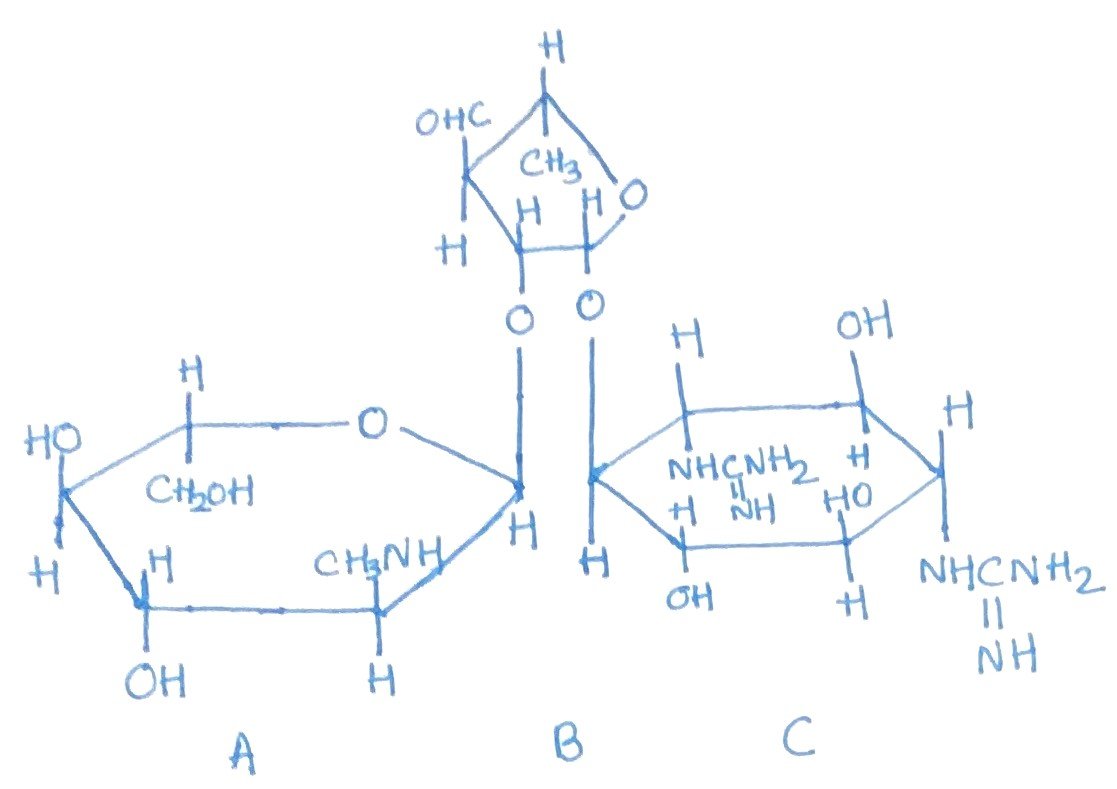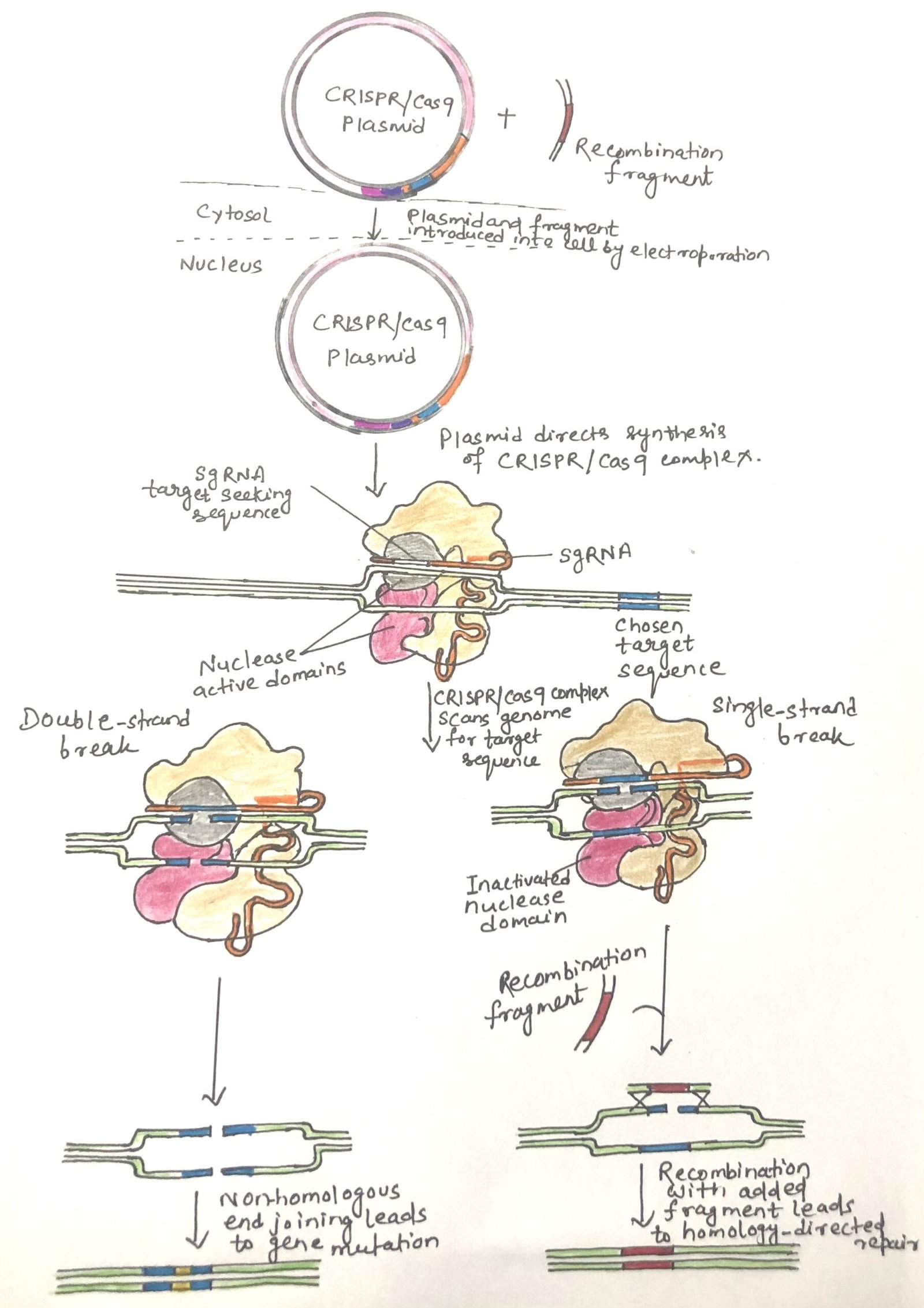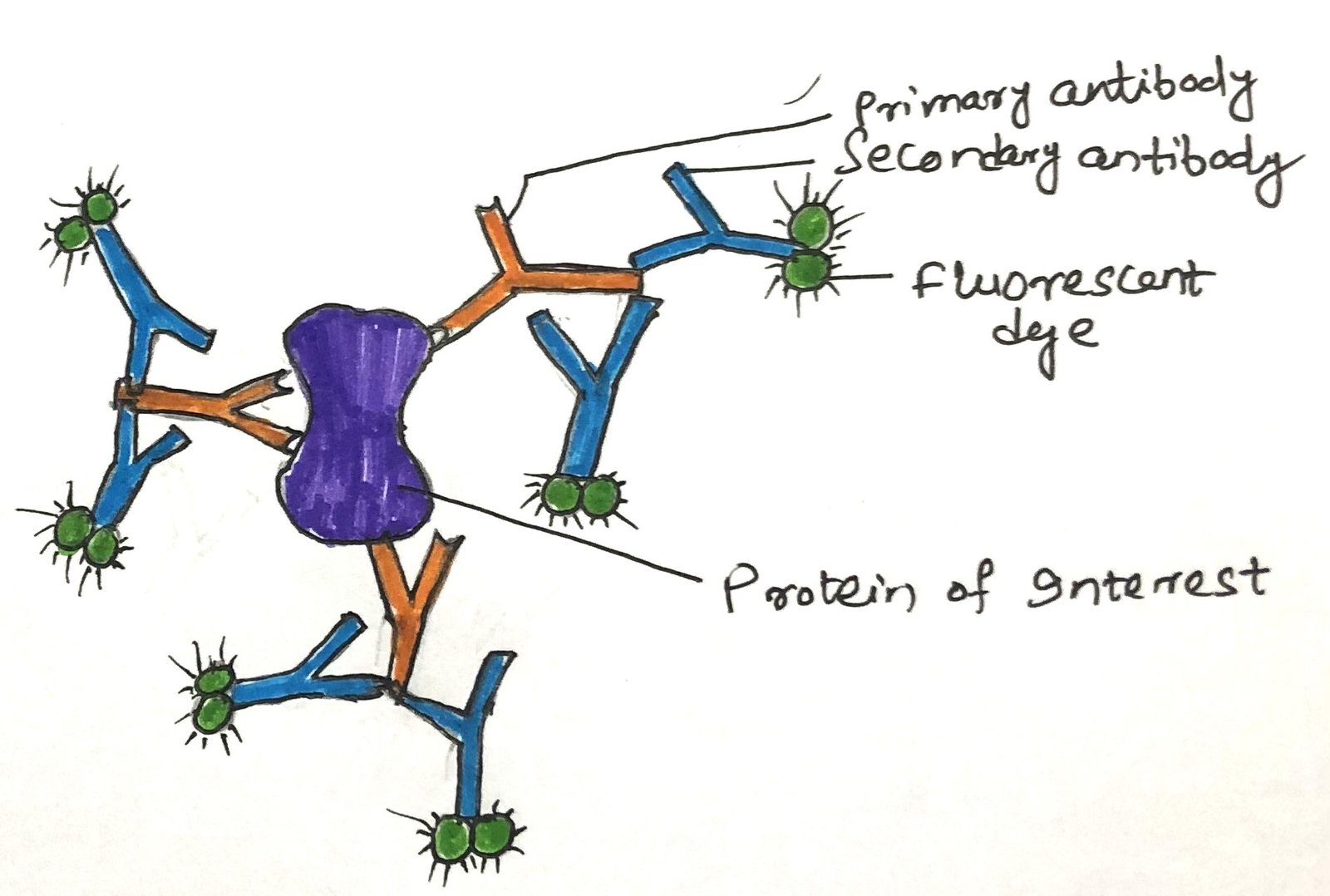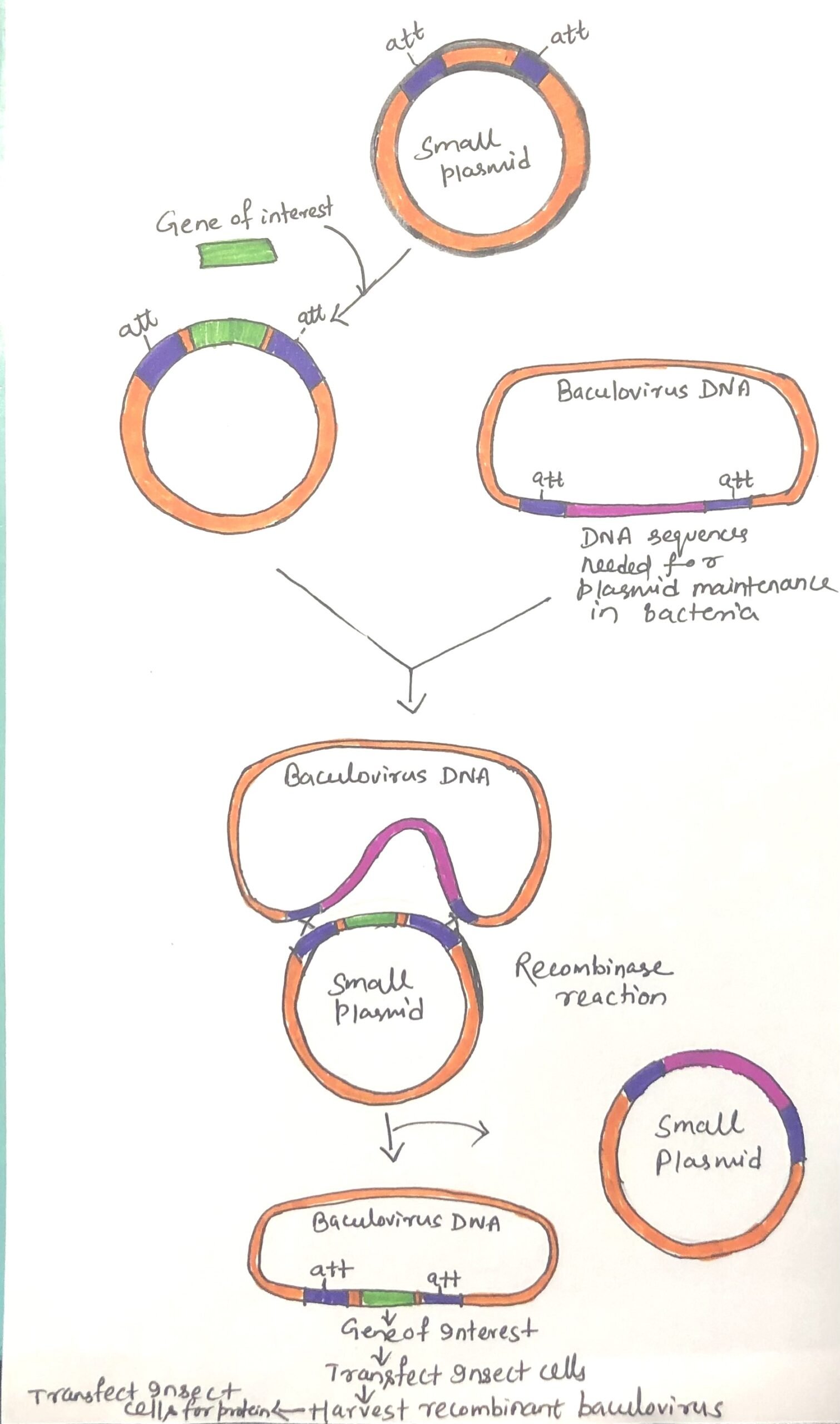The Importance of Fat Soluble Vitamins
In this article, I briefly describe fat-soluble vitamins and their importance in the human body. Fat-Soluble Vitamins In the early decades of the 20th century, one of the most exciting frontiers in physiological chemistry was the discovery of vitamins—tiny but vital compounds that play a crucial role in maintaining health. Since humans and other vertebrates … Read more >>









